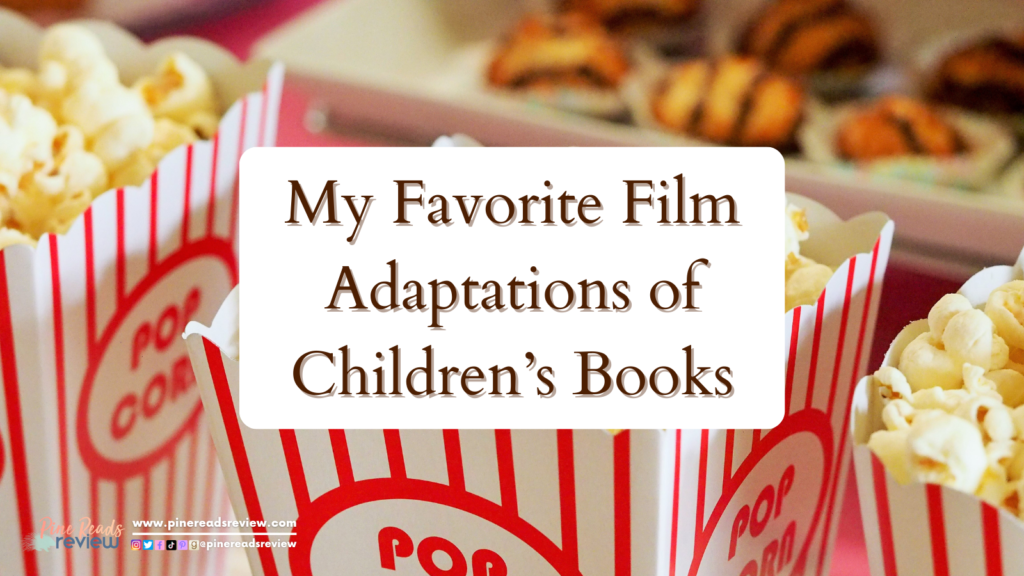
Adaptations are hard to get right, especially when it comes to a beloved children’s book. The audience has expectations that can be difficult, if not impossible, to satisfy. But, once in a while, the audience gets something that mirrors the author’s intentions exactly, making the book and film inseparable. Here are a few of my favorite examples.
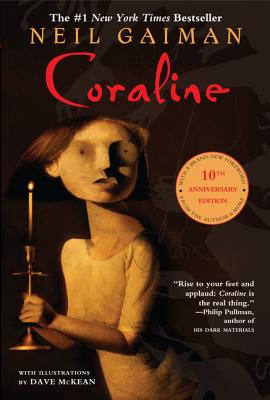
Laika studios has released many films since 2009’s Coraline, but their adaptation of Neil Gaiman’s novella remains their magnum opus. In many ways, the film feels like a fully-realized version of the book. Henry Selick’s expertly art-directed and animated adaptation does the rare feat of capturing the dread of childhood without being misanthropic or alienating to young viewers. It’s also scary enough to give you nightmares for life and has garnered universal adoration for not holding back in spite of their target audience.
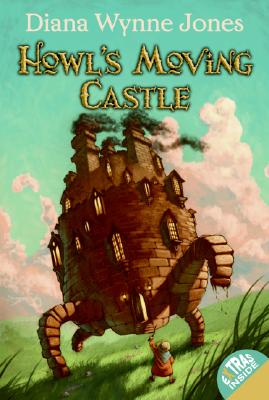
Hayao Miyazaki’s adaptation of Diana Wynne Jones’ novel Howl’s Moving Castle is one of the few films on this list that I watched before I read the book. Unlike Coraline, this animated adaptation takes what it pleases from the source and then improvises the rest. The result is perhaps Miyazaki’s most energetic film, cranking his style way up for maximum frenzy and, in turn, muddling the narrative slightly. I think the film’s lack of clarity is what I find so dreamlike and attractive about it, which is also why I sought out the book to fill in the blanks.
Side-note: I found Howl’s Moving Castle on DVD at the public library when I was a kid, and it is one of my favorites to this day. There are so many good movies that you might never find on streaming, so be sure to check out your local library.
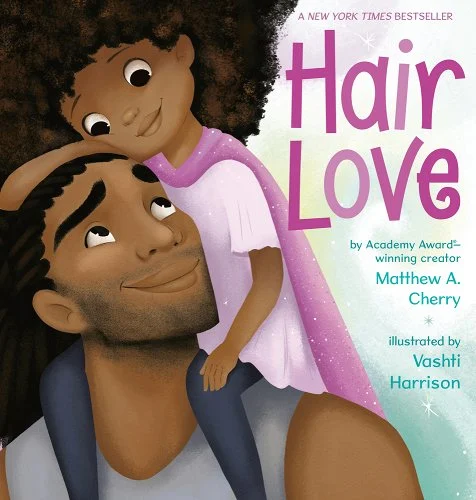
I don’t think any other animated adaptation of a picture book has better captured the charm and rhythm of the medium than the 2019 adaptation of Matthew Cherry’s Hair Love. Adapting a medium that is already so visual can seem redundant, but the slight changes made for the film add depth and elevate the story in a way only animation can. While the book focuses more on the celebration of natural hair, the movie incorporates that celebration into the challenge and joy Zuri’s father experiences learning to manage it. I find the word heartwarming gets overused when describing stories about family, but the film really does warm your heart and makes you feel the love.
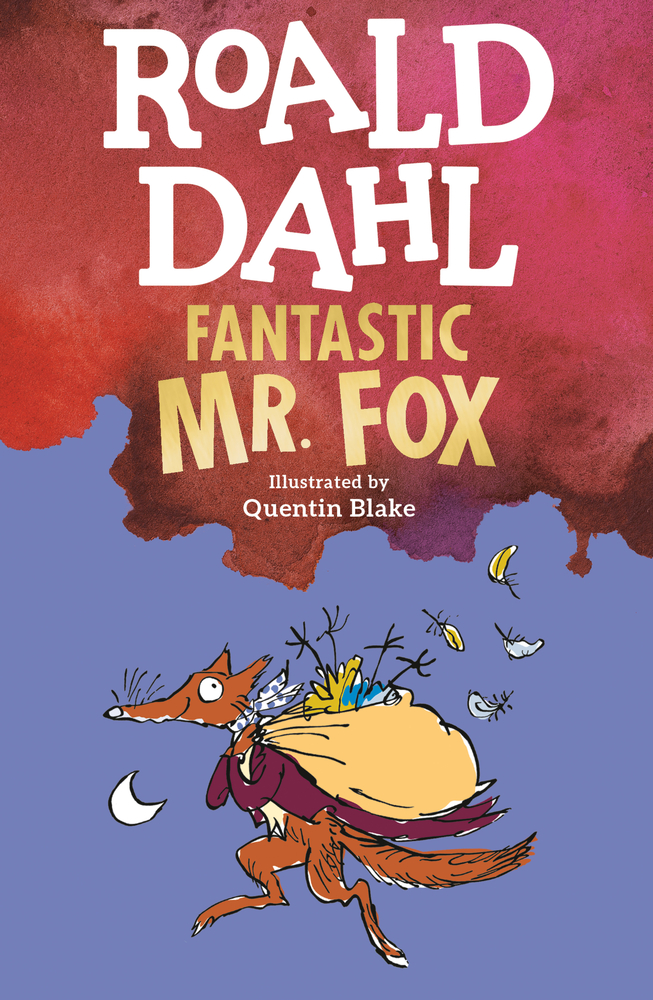
Of the many Roald Dahl books adapted for the big screen, Wes Anderson’s Fantastic Mr. Fox is arguably the best. No other film has brought such authenticity to Dahl’s voice, both in the writing and visual language. Anderson’s aesthetic lends itself perfectly to the darkly comic tone of the original, and the star-studded ensemble brings the characters to life, all backed by the beautiful score. I recommend also checking out Wes Anderson’s adaptations of four Roald Dahl short stories in The Wonderful Story of Henry Sugar and Three More.
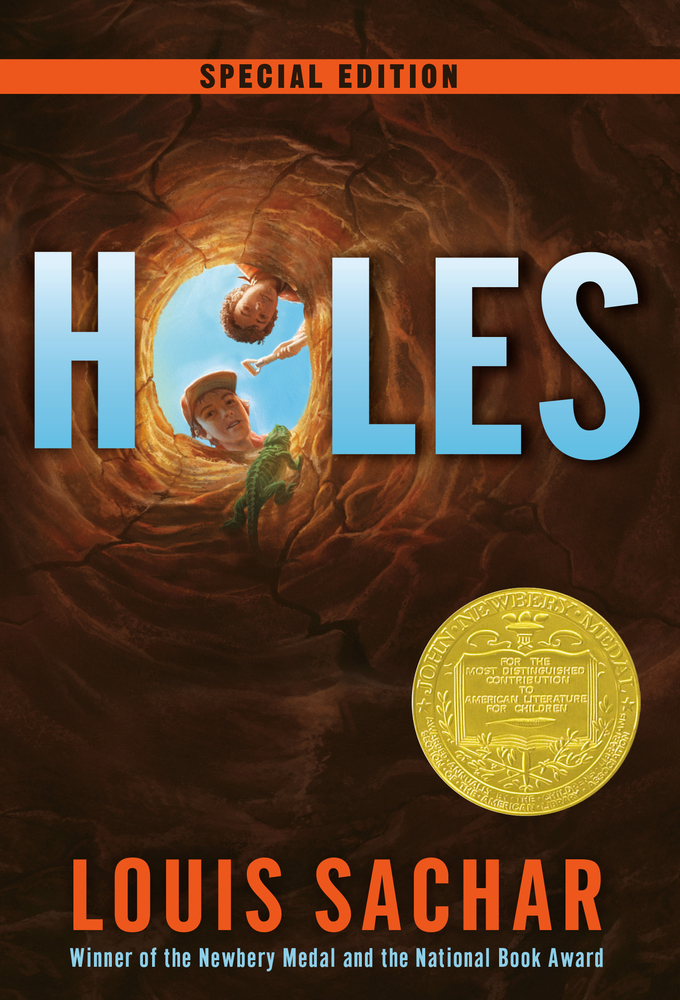
Directed by Andrew Davis and based on Louis Sachar’s acclaimed novel, Holes is widely regarded as a top-tier adaptation due to its faithfulness. The film closely follows the book’s intricate plot, successfully weaving together the present-day story of Stanley Yelnats and the historical narrative of Kissin’ Kate Barlow. Louis Sachar himself wrote the screenplay, ensuring that the adaptation stayed true to the source material. Movies about fate and destiny are difficult to make compelling, but the stand-out performances from the young cast bring all the nuances of the book onto the screen.
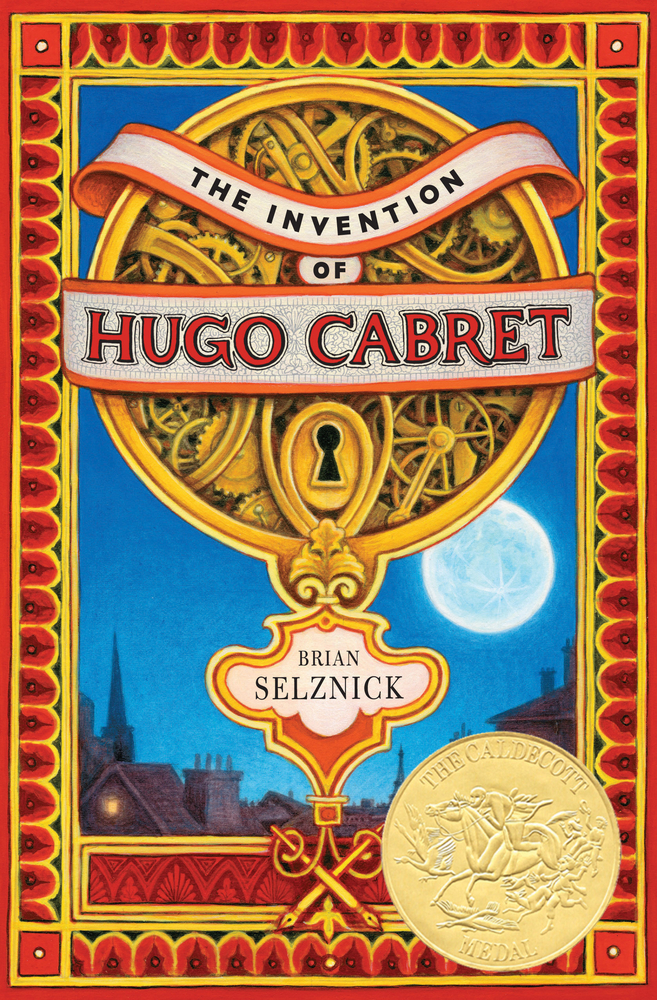
What is essentially a graphic novel, and also a love letter to cinema, The Invention of Hugo Cabret was prime material for a film adaptation. It was fate, then, that the world’s greatest cinephile, Martin Scorcese, decided to take up the challenge. Hugo succeeds as an adaptation by remaining faithful to the spirit of Selznick’s drawings, leveraging Scorsese’s style to enhance the story’s visual and emotional impact. This combination creates a captivating film that honors its source material while standing out as a cinematic achievement in its own right.
Kasey Taylor, Pine Reads Review Writer